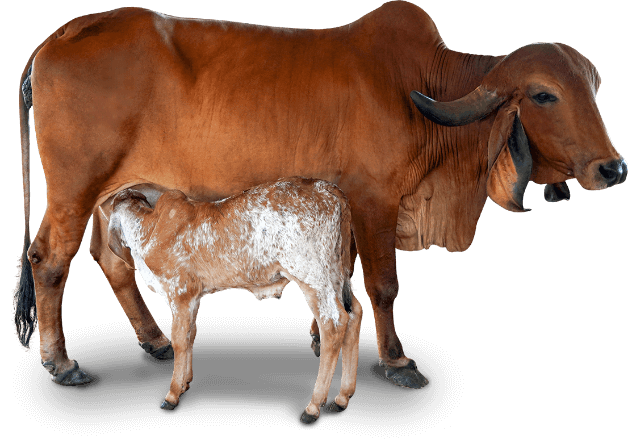
In Pushtisanskar School, the child is taught subjects like Mathematics,
English as well as Sanskar subject right from the first standard. So that
the child develops the qualities of instinct, simplicity, asceticism, and
.sensitivity in himself from an early age.
Under the guidance of Goswami Shri Piyushbavashri, Pustisanskar
School has prepared a syllabus on the subject of 'Sanskar' as per the
spiritual norms. The students of Std. 1 to 8 of Pushtisanskar School
study the subject of 'Sanskar' and apply many virtues in their practical
life.

Sanskrit Bharti, an organization working for many years for the propagation of
the Sanskrit language, has prepared a special syllabus on 'Sanskrit' for students
of different classes.
So the child studying in Pustisanskar school learns Sanskrit subject from the first standard and learns from the
preservation of our ancient culture.

The Bhagavad Geeta, which was lit up in the plains of Kurukshetra five thousand
years ago during the Mahabharata war as a dialogue between the adorable Lord
Krishna and Arjuna, is not only a Hindu tradition but a wonderful scripture that
initiates spirituality and practice for all mankind. There are a total of 18
chapters and 700 verses, out of which students get an in-depth understanding
of subjects including useful psychology, compound science,
spiritual science, biology, physics.
Students studying in Pushtisanskar School regularly recite Gitaji's verses,
explain the meaning of the verses and have a lively conversation with their
classmates in an interesting method.

This line of verse 50 in the second chapter of the Gitaji describes that; With
the practice of yoga, a person instinctively acquires skill as well as mastery in
work, he does everything with a healthy mind and concentration.
Regular yoga practice strengthens the concentration of the mind in student’s
life; So that rapid reading ability, perception and memory are also increased.
Therefore, in Pushtisanskar School, Yogacharyaji conducts regular yoga
practice for the students and gives necessary guidance on yoga.

गा वै पश्याम्यहं नित्यं गावः पश्यन्तु मां सदा |
गावोस्माकं वयं तासां यतो गावस्ततो वयम् ||
This verse described in the Anushasan Parva of the Mahabharata describes that; I always see Gaumata (sacred cows), Gaumata always looks in front of me, we are of Gau-mata, we are where Gomata is, that is, Gomata is our existence.
The first lesson of serving Gaumata (Sacred cows) is given in our holy scriptures, the human development is in the service of Gaumata. Serving Gaumata is not oblivious devotion rather it is a scripture, a higher level of science.
Gauseva (Service of cows) is the same as Prabhuseva (Worshiping god) and Gauraksha (Conservation of cows) is the same as Manavaraksha (Service to humanity). Pustisanskar School encourages the children to do Gauseva for life by explaining the importance of Gauseva from their student days. Thus a beautiful cowshed has been constructed in the Pushtisanskar School, where Gaumata is kept.
On the occasion of the birthdays of the students studying in the Pustisanskar School, grass or ladoos are given to the cows by their hands. Students periodically take a visit to Adarsh Goshala, where information on Gau-sanvardhan (Preserving sacred cows), Gau-palan (Nurturing sacred cows), and Gau-rakshan (Protecting sacred cows) is provided.